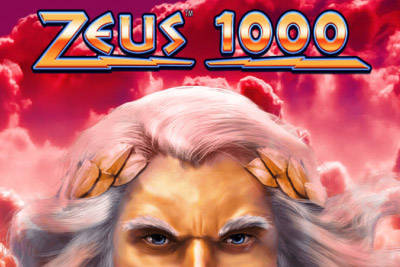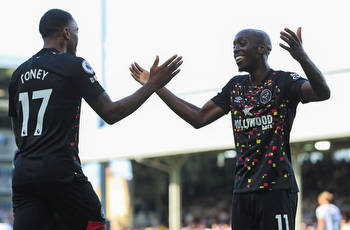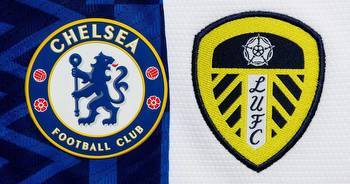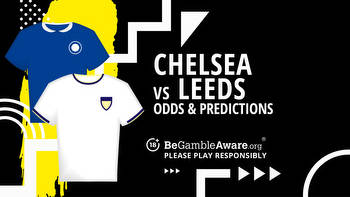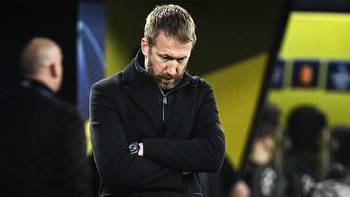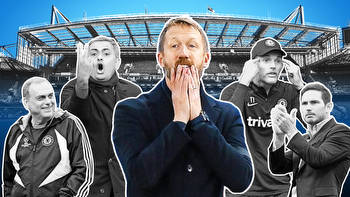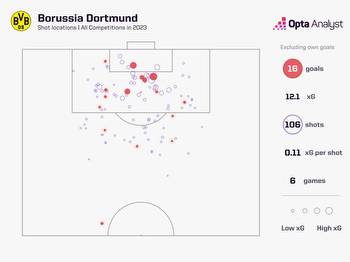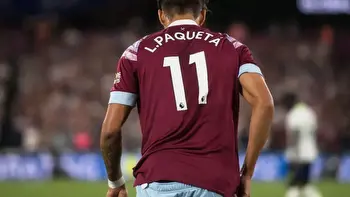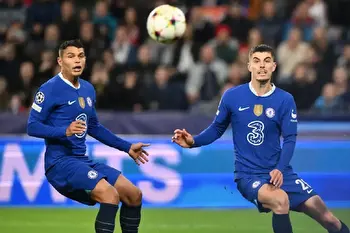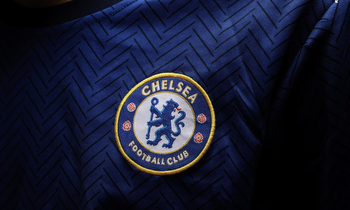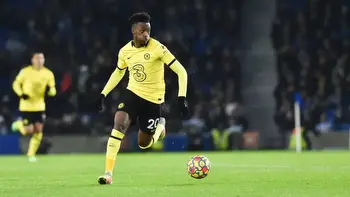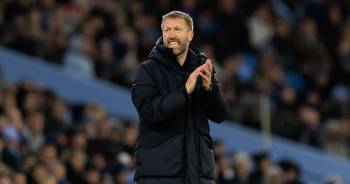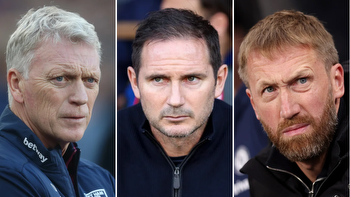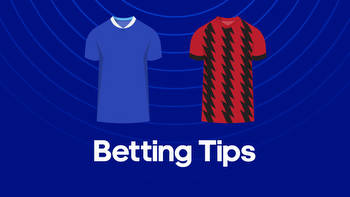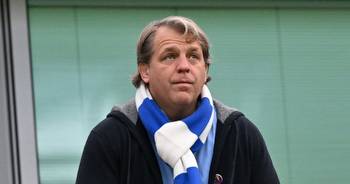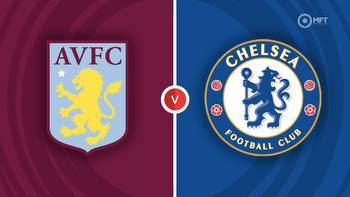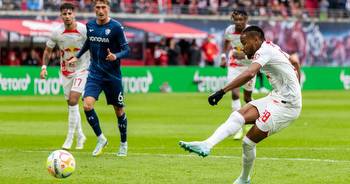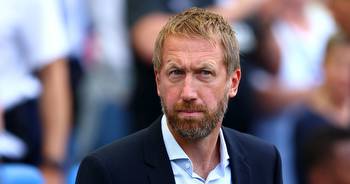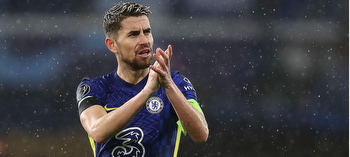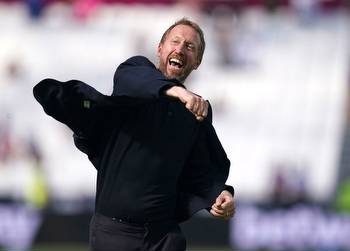Everton at Chelsea: Opposition Analysis
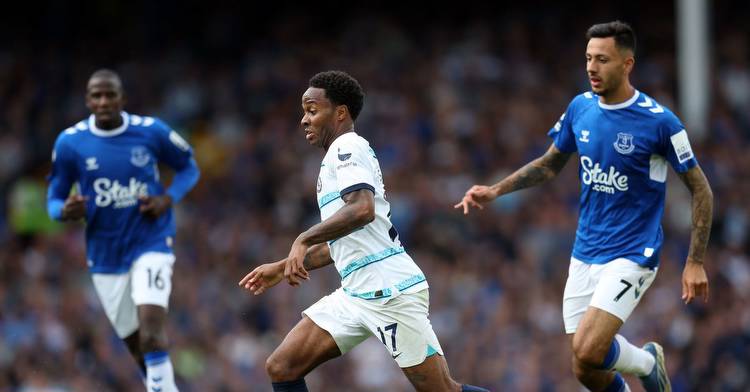
For the first time since last October Everton have manged to go two games without defeat, after a tough but deserved victory over Brentford on Sunday. It was a tough battle and the raucous home support proved vital as the side had to grit it out during the second half, in order to hang onto a lead gained in the opening minute.
Everton face a tough task over the next few matches, if they are to build on an impressive start under new boss Sean Dyche, which has seen the team pick up ten points from seven fixtures. Tottenham Hotspur, Manchester United and Fulham lie in wait, before an on-paper “easier” match with relegation rivals Crystal Palace.
First up though, before the international break, is a trip to Stamford Bridge in Saturday’s late kickoff, to face Graham Potter’s Chelsea.
Chelsea entered the season under the control of Thomas Tuchel, who had guided the side to a third-place finish last term, a decent enough effort, but one which saw them trail Liverpool and Premier League champions Manchester City by almost 20 points. This was a turbulent period for the West London outfit, in a post Roman Abramovich era, uncertain what the future looked like under new American ownership. Fears that the financial backing enjoyed by the club from the Russian oligarch would not be replicated under Clearlake Capital and chairman Todd Boehly appeared unfounded, with a €282m summer splurge on a mixture of established names, like Raheem Sterling and Kalidou Koulibaly, as well as young talent such as Wesley Fofana.
The Blues started the season off with a visit to Goodison Park, where they ground out a solid 1-0 win over an Everton side unable to field a genuine centre forward (how times have changed). A patchy start, which saw the Londoners win three and lose two of their first six in the league, in addition to an embarrassing opening to their European campaign, suffering defeat to unheralded Dinamo Zagreb, was enough for the new ownership group to pull the plug on Tuchel, who had cut an unhappy figure for some months. Boehly moved quickly. appointing the highly-regarded Brighton & Hover Albion manager, Graham Potter as Tuchel’s replacement.
Under the new man, Chelsea got off to a strong start, going unbeaten in nine across all competitions and including a run of five consecutive victories. Things hit a sticky patch at the end of October, with a heavy 4-1 defeat to Potter’s old side at the Amex under their impressive new manager Roberto De Zerbi and they’d go on to lose their next two league games also and exit the EFL Cup without scoring a goal, before halting the slide temporarily with a routine home win over struggling Bournemouth. The slump then resumed, consisting of another winless run of four, highlighted by an FA Cup hammering by Man City.
Now under pressure from fans and the media, Potter again managed the lifeline of a win over Crystal Palace, but three draws on the bounce, followed by three defeats during which spell Chelsea managed to score just one goal saw the manager seemingly on the brink of losing his job, even if publicly he enjoyed unwavering support from the boardroom. Since then he’s overseen a mini-revival, now standing at three wins, two in the league over shaky outfits in Leeds United and Leicester City, the other a round of 16 Champions League knockout of Dortmund.
Coming off that 3-1 away victory over the Foxes, which was nowhere near as clear cut as the scoreline suggests, Chelsea sit in tenth place in the league table, with a negligible chance of a top four finish and the odds against any kind of European qualification.
Potter built his reputation at Brighton based on a brand of modern, progressive football that was easy on the eye, progress on the South Coast being limited only by a persistent problem in converting a relatively high number of chances into goals. It’s been apparent for quite a while that the young Seagulls boss has been on an upward trajectory, one that would land him a “top” job in the Premier League sooner or later. Brighton finally cracking the top ten last season, combined with an early managerial change at Chelsea and just like that, Potter was in the hot seat at Stamford Bridge by September.
The question was: what would the intelligent, articulate, thoughtful new man do with a squad full of top-drawer talent, at a side possessing very high expectations and - at least during Abramovich’s reign - little leeway for anything resembling failure? After all, even with the consideration that he was operating under a tight budget in what was essentially a buy-to-sell club, in Brighton, the Englishman had a reputation for being streaky in terms of results, not something you’d expect a club such as Chelsea to have much tolerance for. As it’s worked out, under Boehly the West Londoners have allowed Potter far more rope than the Russian ex-owner would have found acceptable, so the 47-year old has (so far) been able to ride out some unimpressive results that would have seen him handed his P45 in previous campaigns.
Potter ported his attractive style of play over with him, along with his tendency to flip around between formations, occasionally even within games. He’s used a wide variety to date at the Blues: 3-5-2, 4-3-3, 4-2-3-1 and most commonly - including the last three matches - 3-4-3. The Solihull-born boss has experienced unprecedented difficulties imposing his preferred playing style on Chelsea. They’re dominated possession in most games and attacked in a manner resembling his old Brighton side, but have looked less coherent, fluid and effective, which has frustrated the fanbase and generated mediocre results. It has not helped matters that the club spent like a Friday night drunk in January, bringing in an additional €330m of talent in an astonishing, unprecedented spree.
Chelsea operate a big squad - typically loaning out large numbers of first team players as well as prospects from the academy - so integrating a half dozen new recruits, including €121m man Enzo Fernández, Mykhaylo Mudryk (€70m) and João Félix (on loan from Atletico Madrid) into a team that already had seen seven major additions last summer, has complicated things even further. Now Potter had to juggle even more high-value assets, many of whom will not be happy sitting on the bench and fit them into whatever system he intended to go with.
Over the last few matches, the manager has cut his cloth somewhat, compromising his progressive values and implementing a more pragmatic approach, which has so far borne out reasonably well. We’ve seen Chelsea come out fast, show lots of fluidity in attack and try to gain an early advantage, then, once this has been secured adopt a defensive posture. In a way it’s not an awful lot different to what Dyche has been about at Everton, though considering the vast difference in squad quality and depth the Londoners have over the Merseyside outfit, this is quite a humbling shift.
Key man since his arrival in the January transfer window is Joao Félix, for whom Chelsea have paid an amazing €11m to take on loan for just half a season. Never quite a good fit for the defensively-minded Diego Simeone at Atletico, the Portuguese one-time wonderkid has looked the part in West London, generating an xG (Expected Goals) per 90 of 0.52 and taking almost four shots per match. The 23 year-old appears a marvellous talent and a cut above any of his teammates in terms of sheer quality.
Kai Havertz has played more minutes than anyone else in a Blue shirt this term but still is a player in search of a position. Typically played through the middle - Chelsea puzzlingly still being without a reliable centre forward despite the vast sums spent out - the German lined up on the right last time out. He’s an intelligent player with good movement that appears better suited to a role of support striker. The forward has just six league goals this term, though has found the back of the net in Chelsea’s last two matches.
Enzo Fernández is an ever-present in the opposition midfield, as you’d expect given the enormous fee the club paid for his services. The Argentinian ranks in the top percentile in terms of progressive passing across major European leagues and is racking up an xAG (Expected Assisted Goals) per 90 of 0.19 since arriving at Chelsea. A complete midfielder, he also racks up 3.05 blocks and a combined 4.92 tackles and interceptions per 90.
Everton have yet to convince under Dyche away from Goodison Park, posting one draw (with Nottingham Forest) and two comprehensive defeats (to Liverpool and Arsenal) away from the comforts of home, scoring twice and conceding eight goals in the process. Chelsea have not impressed themselves this term, despite an already top side being strengthened to the tune of a net spend of more than half a billion Euros since the summer.
It’s probable that the hosts will line up in the 3-4-3 we’ve seen them use recently and almost certain that Everton will again go with a 4-5-1. The only question over the visitors lineup is whether the manager will stick with centre half Ben Godfrey at left back, or revert to the fit-again Vitalii Mykolenko.
This is going to be a cagey, tactical game. Both teams will attempt to make a good start, get in front and then shut things down. Although lacking a true striker, Chelsea have a lot more goals in their team and the visitors will have to show all the organisational qualities they possess to shut them out. It's tough to see the Toffees creating many chances from open play and they’ll have to rely on the occasional counterattack, using Demarai Gray’s pace, otherwise set-pieces will be the order of the day.
The Londoners still don’t look entirely comfortable dealing with dead-ball saturations, so this may be Everton’s best route to goal. Any mistakes by the visitors and it is game over, but I feel Chelsea’s revival of late is not suggestive of a genuine major improvement, so I’m going with the Merseysiders getting something out of this match.
Prediction: Chelsea 1-1 Everton
Stats provided courtesy of fbref.com, transfermarkt.co.ukand whoscored.com
